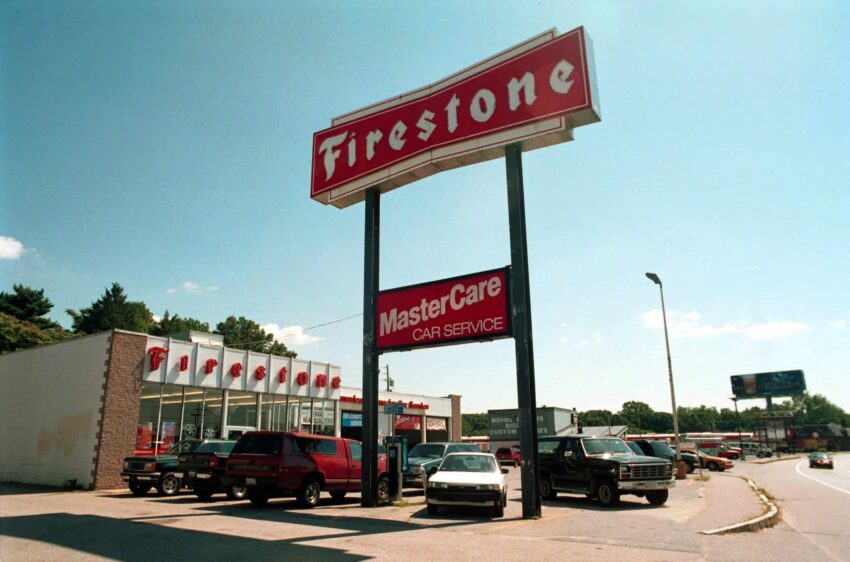High Noon has issued quite a disturbing recall after Beach Variety 12-pack cases included alcohol-based cans mislabeled as energy drinks. Cans labeled “Celsius Astro Vibe Sparkling Blue Razz” may actually contain vodka. The FDA states that the error arose from a shared supplier mistake. Recalls affect several U.S. states across multiple lot codes. Consumers are being asked to dispose of cans and seek refunds. Though no illnesses have been reported, this error is especially dangerous for alcoholics who consume energy drinks.
Another major warning, this time to cracker lovers with nut allergies: Ritz accidentally mislabeled peanut butter crackers as cheese crackers. After realizing the recent error, Mondelez International immediately issued a recall. The recall includes a variety of carton sizes, including 8-, 20-, and 40- count containers. Though outer cartons were labeled correctly, the inner labels were not. The misfire could be dangerous for those with severe nut allergies. Fortunately, no medical incidents have been reported.
Product recalls can rock a company in more ways than one. Not only do they carry the costs associated with tracking down and recalling a product, but they may also face lawsuits if serious bodily injury or damage is caused. Throughout history, there have been several infamous product recalls that have shaken the nation and scared consumers everywhere.
When a product is recalled, the company retrieves the potentially unsafe or defective product from consumers while also compensating those consumers. Some recalls put companies at risk of product liability lawsuits, while others may even face government prosecution. There are three product recall classes, and while states have their own definitions, they closely follow those created by the USDA and FDA.
- Class I: This is the most serious type of recall, and there is usually potential for serious injury or death.
- Class II: These have a lower risk of serious injury or death but still carry the possibility of adverse events that lead to irreversible consequences.
- Class III: These products are recalled not because they’re likely to cause injury or death, but because there’s a minor chance they might.
Companies can minimize damage to a recalled product through a series of procedures: act quickly, inform authorities, explain the problem, answer questions about the recall, offer refunds for recalled products, obtain product recall insurance and reintroduce the project after it’s been improved.
Some of the most infamous product recalls include children’s toys, vehicles and over-the-counter drugs. To identify them, we looked at Reddit threads for input from consumers and studied data from the United States Consumer Product Safety Commission. We’ve listed the most infamous product recalls below in no particular order.
This post was updated on August 1, 2025 to include High Noon’s recent voluntary recall.
Why Do We Care About This?
A product recall can mean a fast drop in the value of a company, and those who have shares may see a drop in their investment. While most companies rebound after time, some may be forced to close if the recall is serious enough, and we want our readers fully prepared with information about what companies have had recalls in the past.
We also know that the money you spend on products is part of your personal wealth, and we want you to buy from companies that put extra care into their products.
1. 1982 Tylenol Cyanide Poisonings
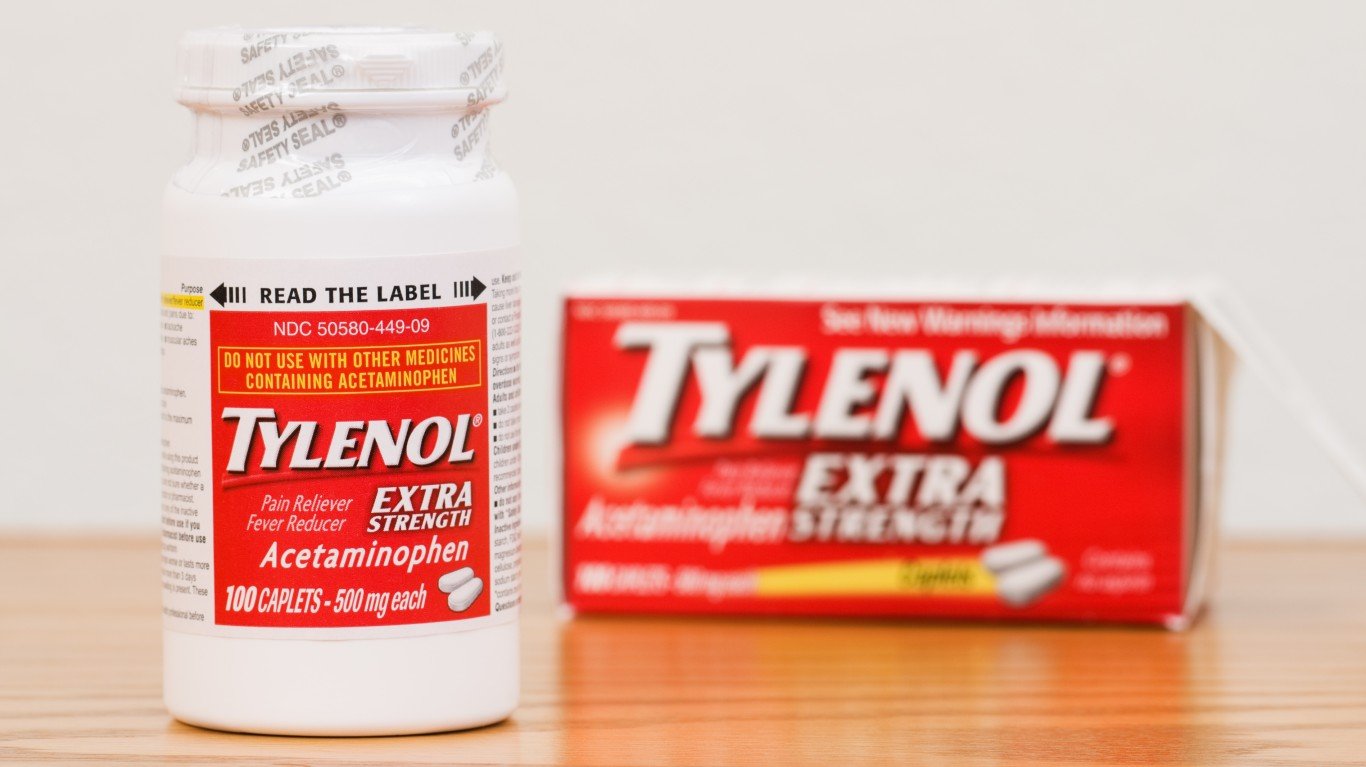
Seven Chicago residents died in 1982 after taking Tylenol capsules that were accidentally laced with cyanide. Because of these deaths, there was nationwide recalls and significant changes and improvements to product safety measures and packaging procedures. The maker of Tylenol, Johnson & Johnson, couldn’t determine how the cyanide got into the medication. They ended up spending millions of dollars on the recall through an advice hotline, a brand relaunch and national warnings. This led to the creation of over-the-counter medication security seals required by the Food and Drug Administration.
2. 2000 Firestone Tire Recall
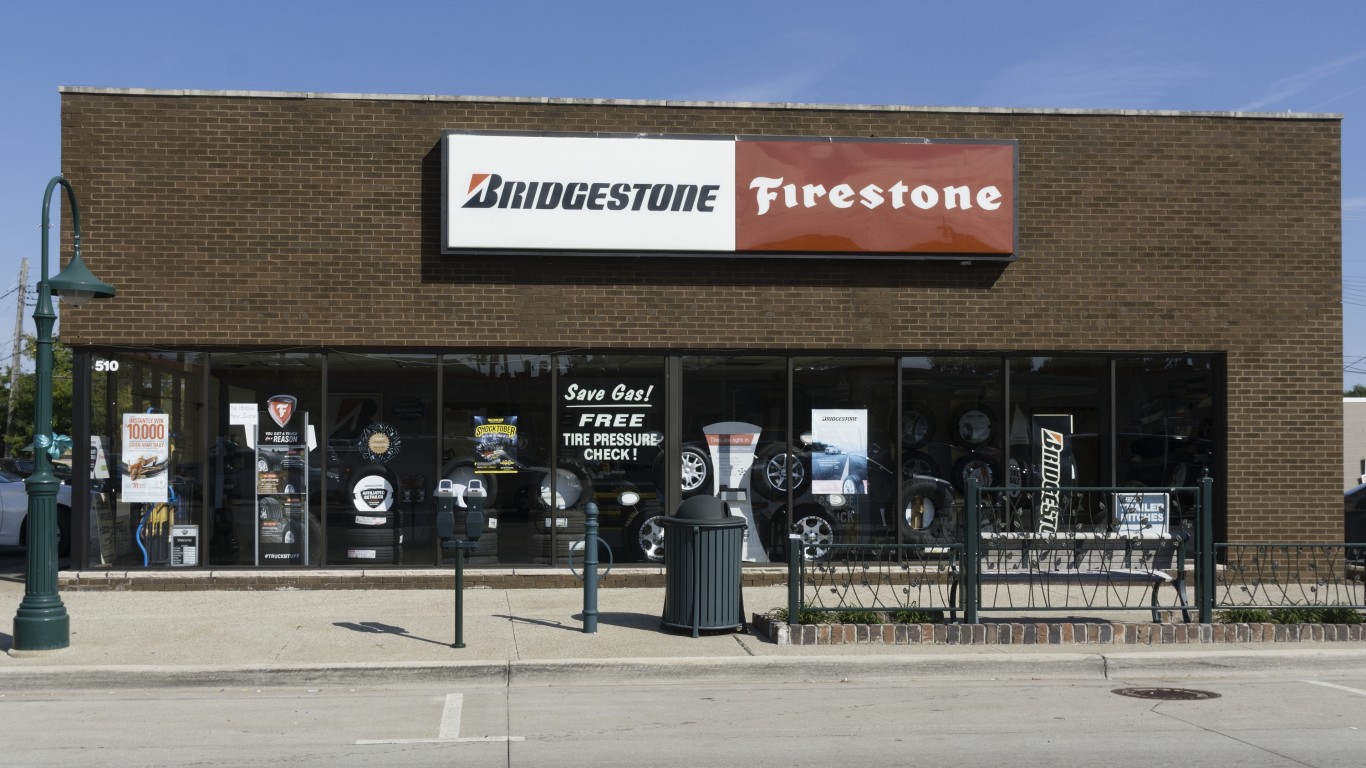
In 2000, Firestone recalled several types of tires that led to a number of fatalities and accidents. The ATX, ATX II and Wilderness AT tires had a defect that separated them from the tread. This particular recall also affected the Ford Explorer, as the vehicle was equipped with defective tires that were prone to rollover accidents. After the National Highway Traffic Safety Administration made the connection between the faulty tires and the accidents, Bridgestone/Firestone recalled more than six million tires.
At the beginning of the recall scandal, Firestone tried to blame Ford because their vehicles mainly used these tires. In the end, Firestone cooperated with a federal investigation, absorbed the cost of millions of tire recalls and went through a long list of court cases. The company also terminated their contact with Ford, no longer providing tires for their vehicles.
3. 2019 Fisher-Price Rock ‘n Play Sleeper Recall
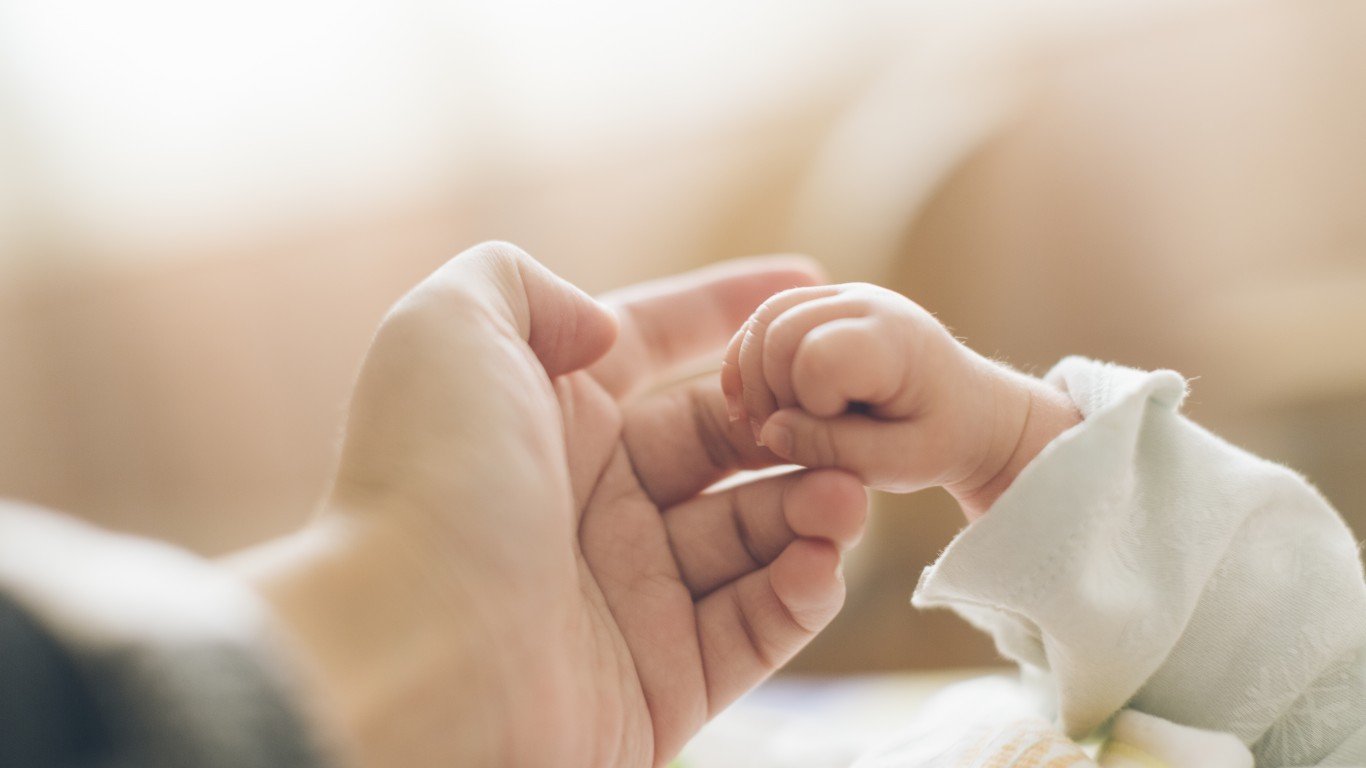
While recalls on vehicles and food are fairly common, the ones that affect kids often get the headlines. In 2019, Fisher-Price recalled 4.7 million of its products after more than 30 infants died while it. The company marketed the product as a safe way for infants to sleep, but actually put them at serious risk for asphyxiation and suffocation. Infants were able to roll from their backs to their sides or stomachs even while strapped into the product.
Fisher-Price told product owners to immediately discontinue the use of the product and offered a voucher or refund. It’s now illegal for anyone to distribute or sell the recalled sleepers. In total, approximately 100 babies died while using this product.
4. 2008 Peanut Corporation of America Salmonella Outbreak
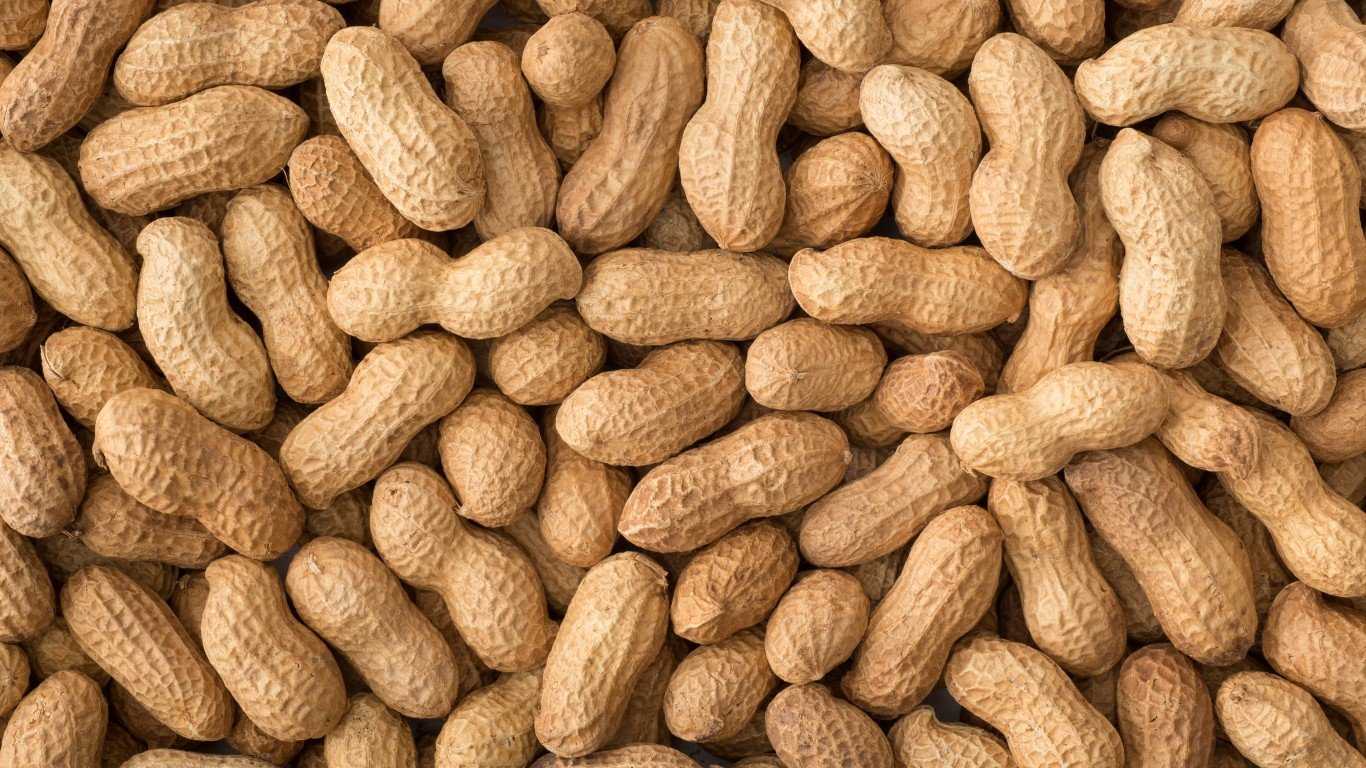
This recall affected consumers in 46 states and led to the company’s eventual bankruptcy. The investigation determined that they knowingly shipped products that contained contaminated peanuts throughout the United States and Canada. It took time for the Centers for Disease Control and Prevention and the Food and Drug Administration to determine where consumers were exposed to salmonella, but they eventually made the connection.
This did more than damage the Peanut Corporation of America, but cost the peanut industry a billion dollars. This was the largest food recall in United States history.
5. 2007 Mattel Lead Paint Toy Recall
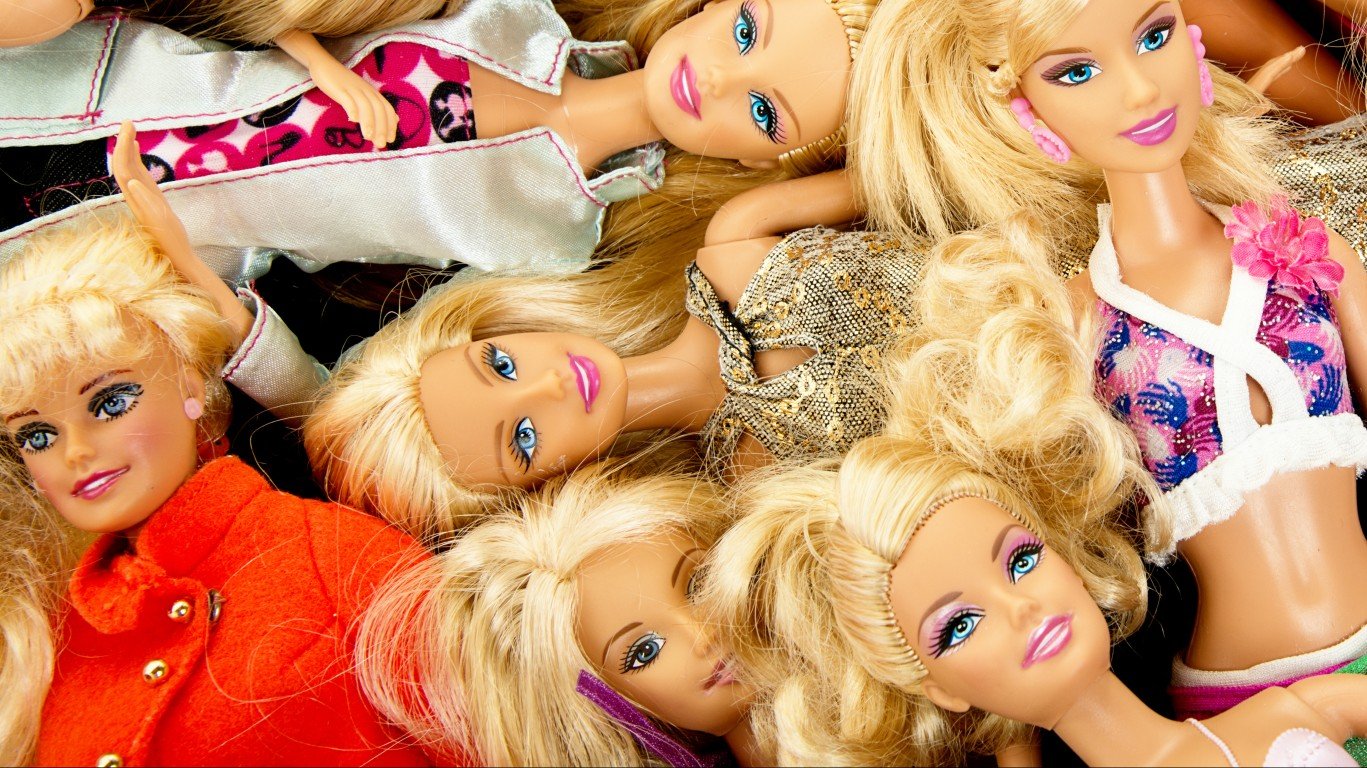
Mattel is one of the largest toy manufacturers in the world, and in 2007, they were forced to recall millions of toys because of the presence of lead paint. This includes popular toys related to Dora the Explorer, Fisher-Price and Barbie. Because the products were manufactured in China, many were concerned about the future of the company.
The recalled toys also included Polly Pockets, Batman action figures, Big Bird and Elmo toys, and “Sarge” toy cars. The company was fined $2.3 million for the recalls, which was the largest fine for a recall involving children’s toys tainted with lead paint.
6. 2006 Dell Batteries Recall
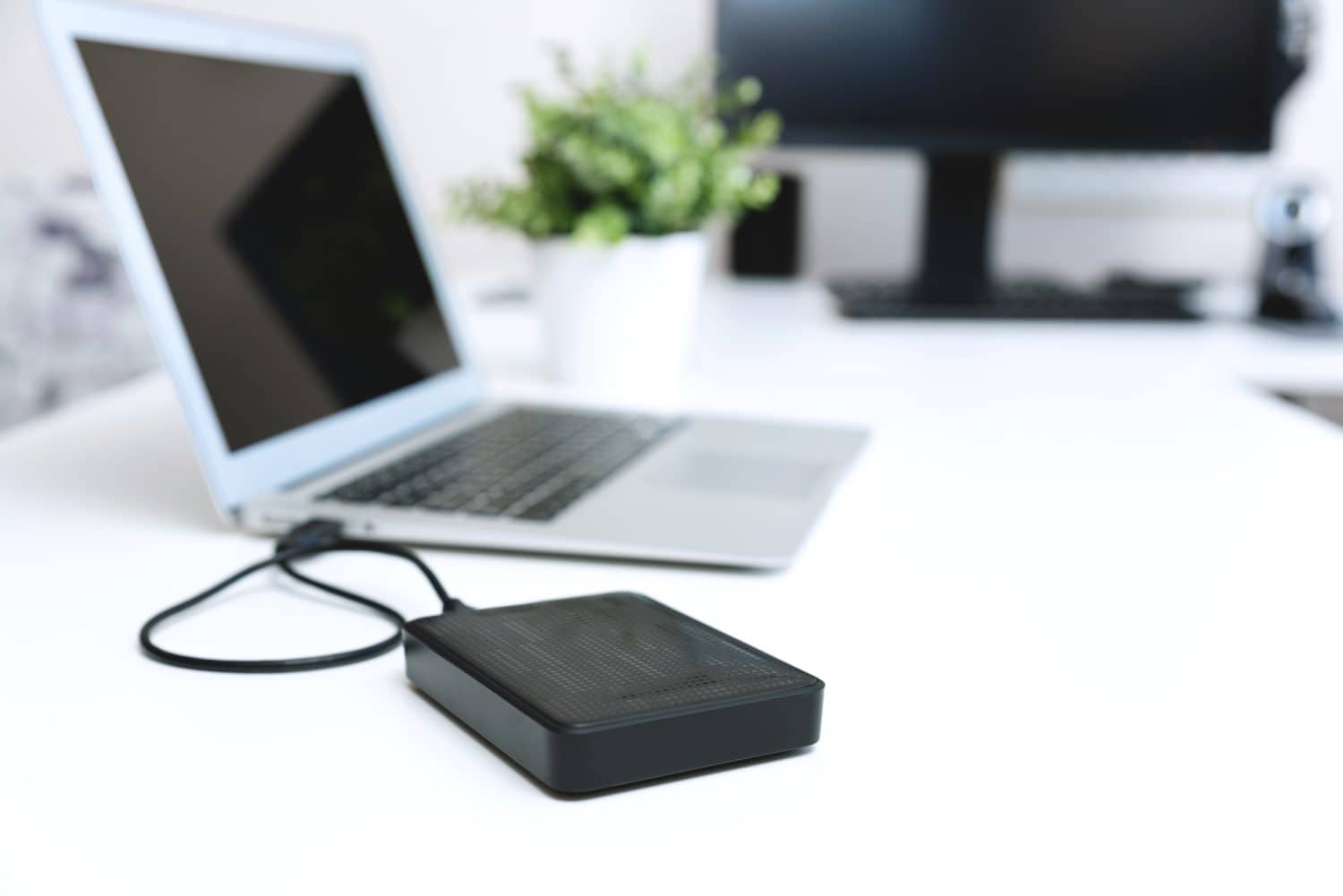
Dell was forced to recall more than 4.1 batteries made by Sony in 2006. The lithium-ion batteries caused laptop fires, and the recall was one of the largest in history for electronics. While Dell’s stock prices dipped immediately after, they quickly recovered. This was the second recall for Dell, who also dealt with a 2005 recall of 22,000 batteries that also posed a fire risk.
There were no injuries reported in either recall, although there were cases of laptops lighting on fire in both. The company worked with the United States Consumer Product Safety Commission to create a special hotline to determine if their laptops were part of the recall.
7. 2007 Hasbro Easy Bake Oven
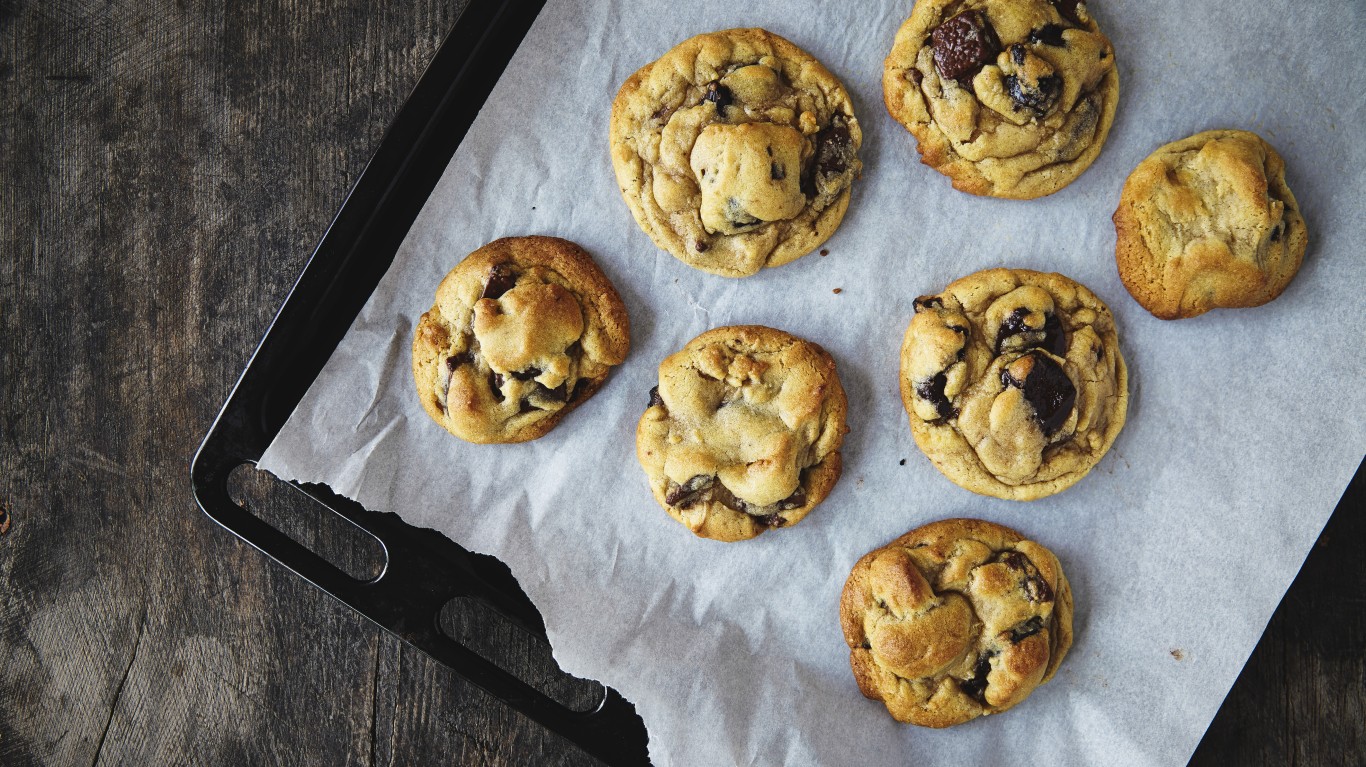
If you grew up in the 80s or 90s, it’s hard to imagine a time without the Easy Bake Oven, and it’s even harder to imagine the product could be dangerous. In 2007, Hasbro was forced to pull over one million ovens off shelves because of reports of children being badly burnt by the toy.
This was Hasbro’s second recall of the product in 2007, the earlier one was based on 249 reports of children involved in dangerous situations. While the company’s stock quickly sank after the news came out, it bounded back in the beginning of 2008 and the new and improved Easy Bake Over is available today.
8. 2010 Graco High Chairs
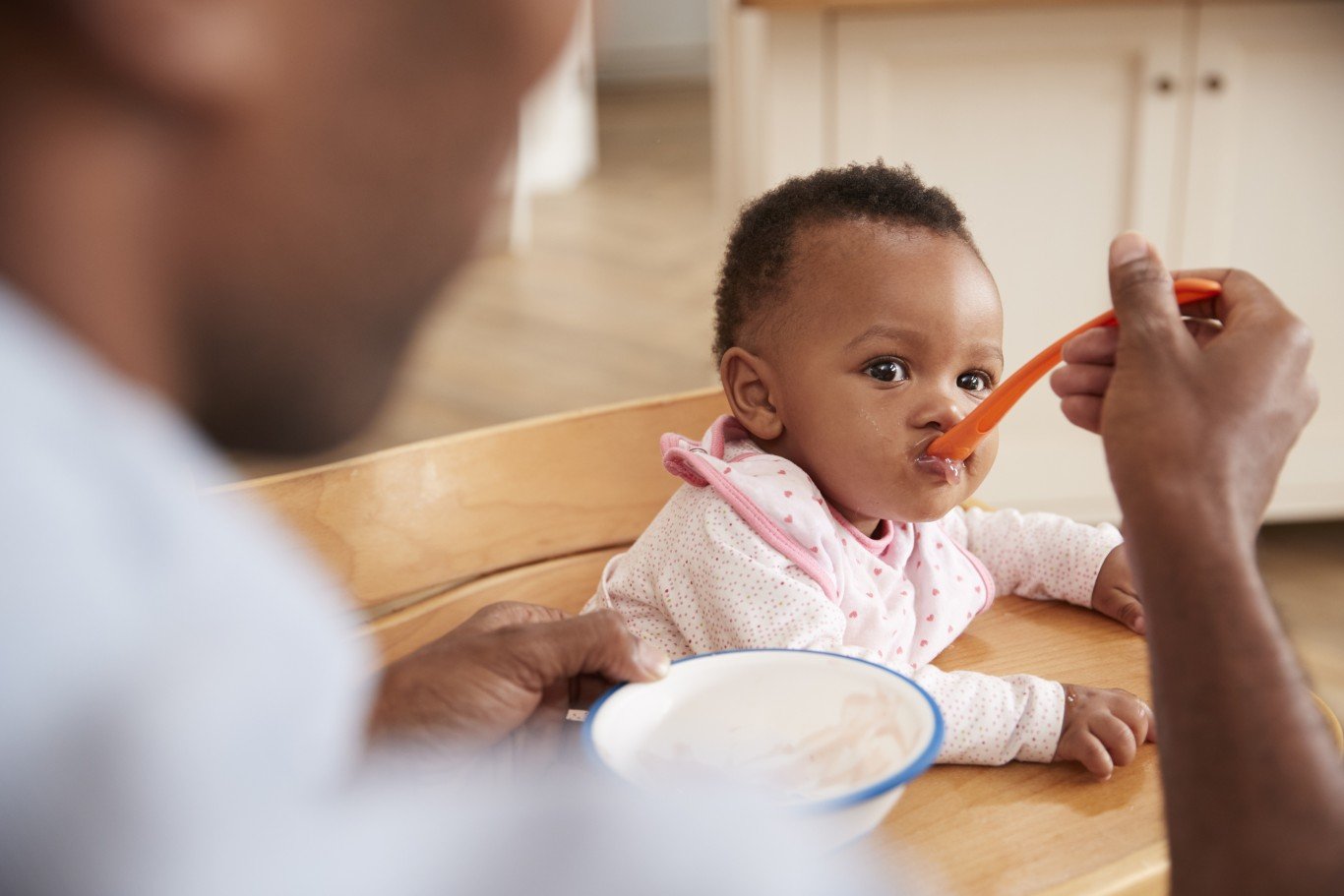
Graco’s Harmy high chair was recalled in March of 2010 after hundreds of owners filed complaints that the chair was easy to tip over. After receiving reports of 24 injured children, the company recalled more than one million products. Overall, the company ended up with 464 reports of screws loosening or falling out, or cracking plastic brackets that tipped the high chair over unexpectedly.
This product is no longer in production but was sold and marketed for six years before the recalls, from 2003-2009.
9. 2004 Merck Vioxx Recall
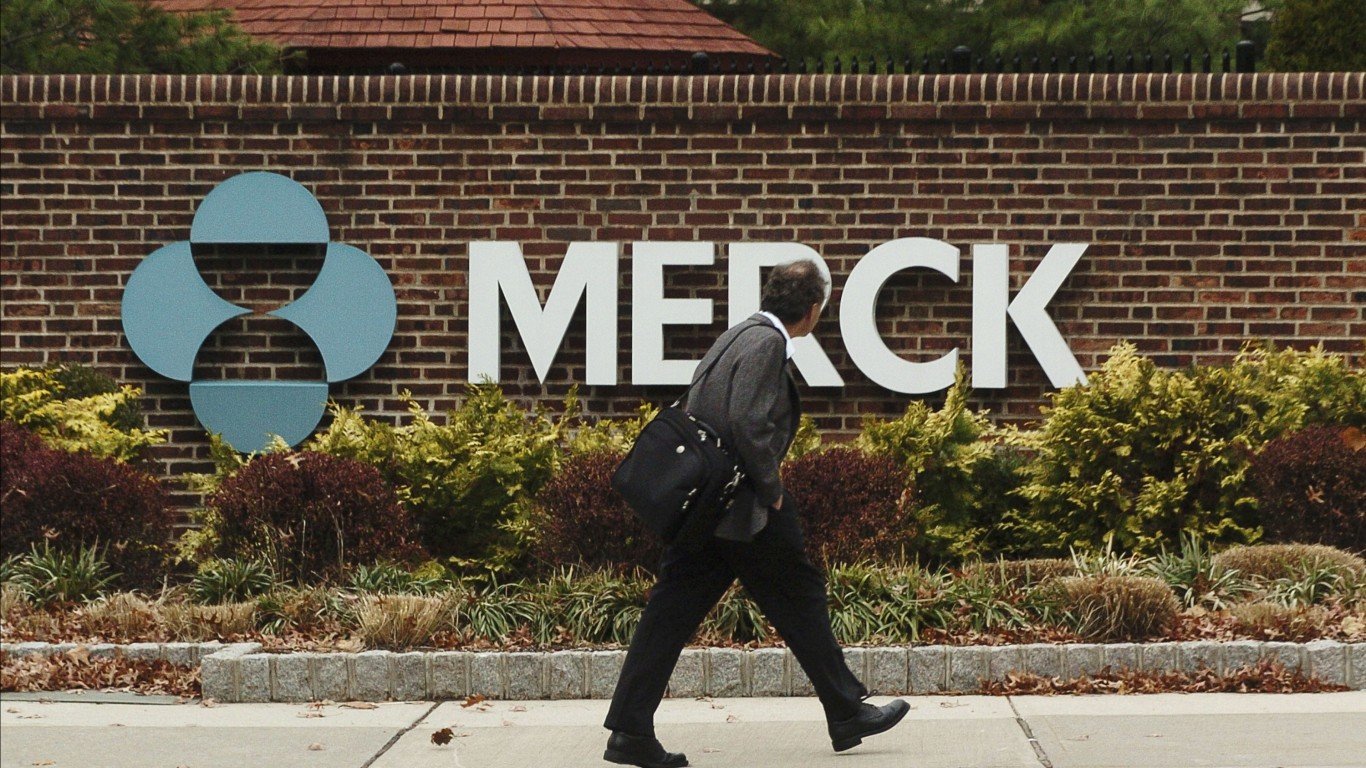
Pharmaceutical giant Merck developed a drug called Vioxx that treated arthritis. The drug was approved by the FDA in 1999 but recalled in 2004 after studies showed Vioxx may increase the risk of heart attacks. Merck faced more than 27,000 lawsuits and spent $4.85 billion to settle them for patients who had strokes or heart attacks while on the medication. Experts believe there may be as many as 55,000 premature deaths caused by the failure of the company to recall Vioxx earlier.
The post High Noon Admits Major Labeling Error, Plus Recalled Products with Catastrophic Impacts appeared first on 24/7 Wall St..
Click this link for the original source of this article.
Author: Katie Price
This content is courtesy of, and owned and copyrighted by, https://247wallst.com and its author. This content is made available by use of the public RSS feed offered by the host site and is used for educational purposes only. If you are the author or represent the host site and would like this content removed now and in the future, please contact USSANews.com using the email address in the Contact page found in the website menu.

